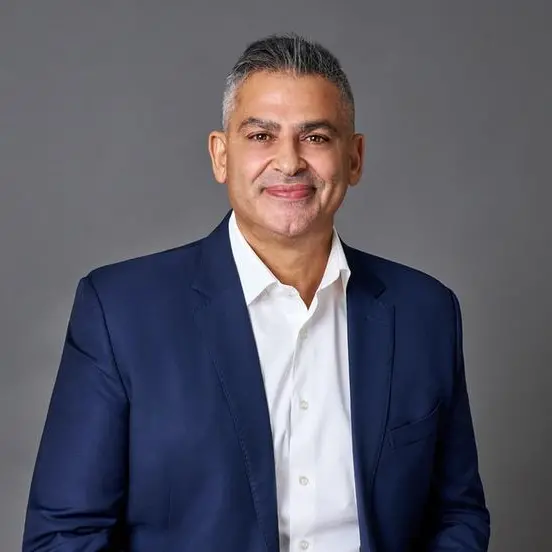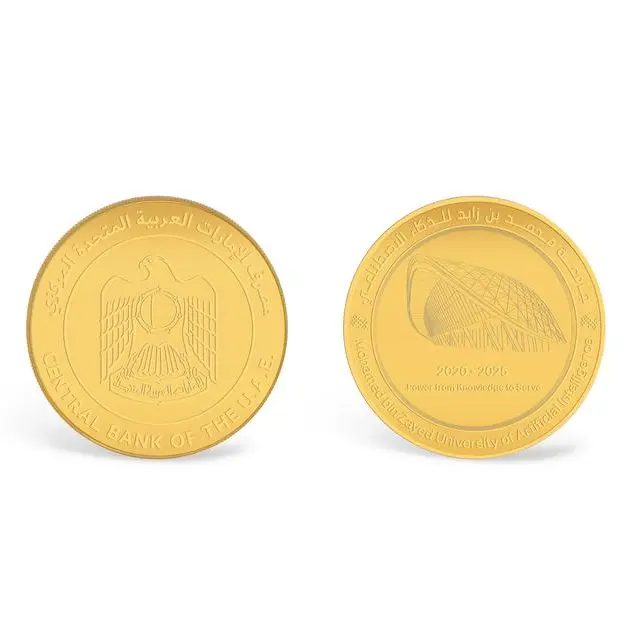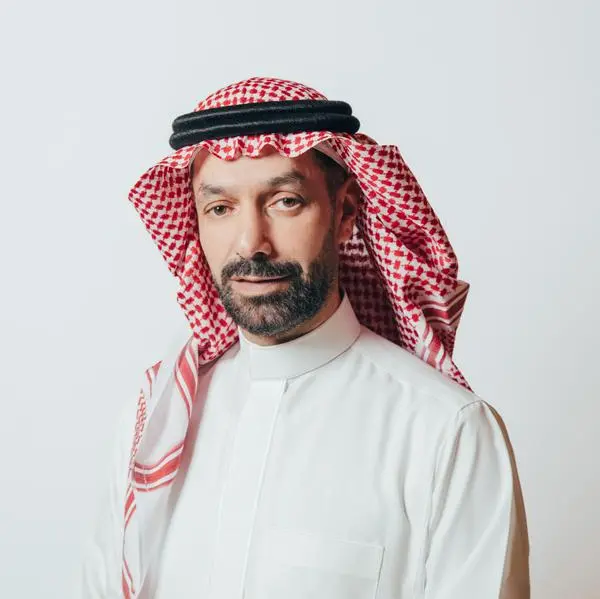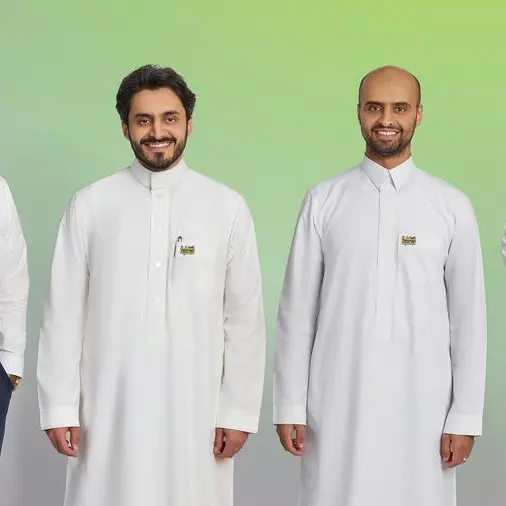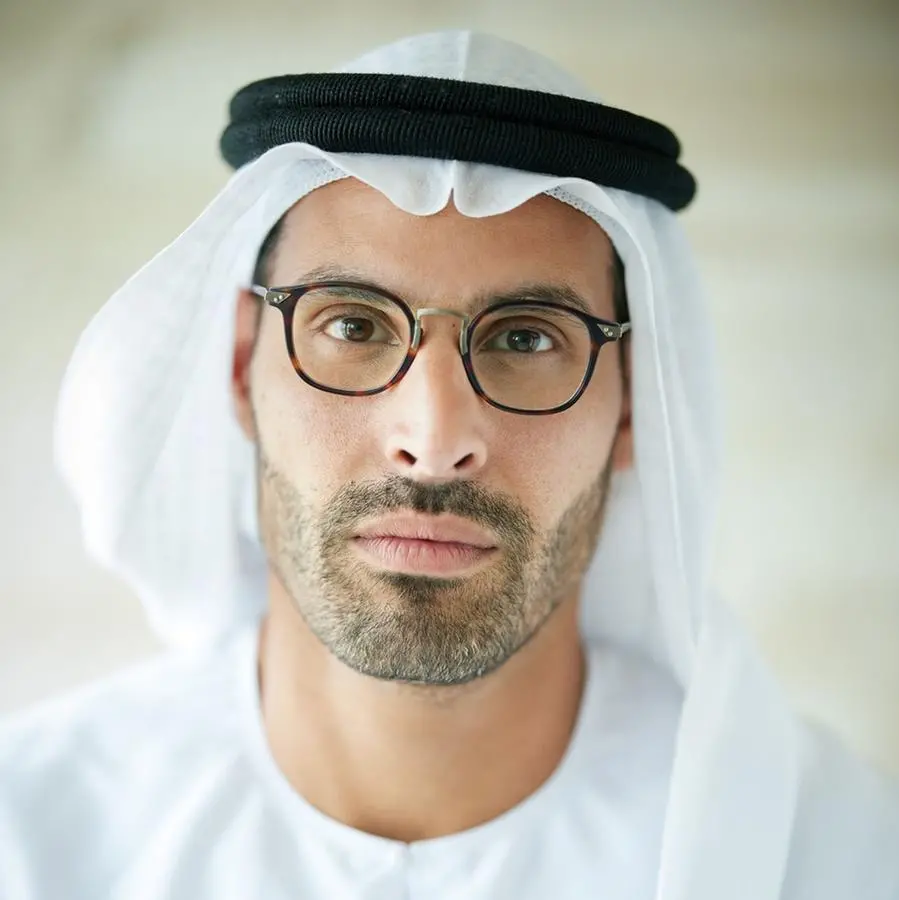Digitalization is transforming value chains and business models around the world, and significant paradigm shifts are accompanying this major trend. Vehicles can obtain information about traffic conditions and re-route a journey while sensors provide accurate weather forecasts that inform the behavior of energy grids. The digital transformation is driving the trend towards more autonomous and shorter value chains that challenge companies to continuously develop new capabilities and adapt their business models to remain competitive.
Today, a growing number of internet-capable devices are exchanging more and more data. In 2016, the World Economic Forum estimated that there were eight billion devices connected to the internet. Experts predict that by 2020 there will be more than 20 billion connected devices, ranging from toasters to wind farms. The largest quantities of data come from industrial equipment and plants, and the analyses of this data create tremendous potential for higher productivity, flexibility and efficiency – the key drivers of industrial competitiveness around the world. Whether in energy, mobility or manufacturing, the advent of the Internet of Things (IoT) has made machines more transparent and enabled the virtual design, engineering and commissioning of plants, as well as the remote and predictive maintenance of industrial assets. The manual configuration of equipment and scheduled plant shutdowns for maintenance purposes are fast becoming obsolete.
Arja Talakar, CEO of Siemens Saudi Arabia, sees massive potential for unique digital solutions and new high-tech capabilities for a diversified Saudi Arabian economy. “In line with Vision 2030, the Kingdom is investing significantly to lead the digital economy by capturing opportunities that translate into sustainable local industries and high-skill jobs that will drive growth in the Kingdom.”, he says.
Previously, technologies were developed and tested in private areas with few people, but this has changed significantly in recent years. Ecosystems have emerged that bring together diverse knowledge, skills and resources to create the best solutions for customers and society. Within a legal entity, next47, Siemens combines its capabilities and resources with the innovations and creativity of startups and other partners to create a unique and powerful ecosystem that accelerates the development of new technologies for the world.
In this sprit, Siemens works very closely with its partners in Saudi Arabia to master the challenges brought about by digitalization and shape the future of the local industry. The company’s Digital Enterprise Suite provides comprehensive solutions that optimize and secure value chains by combining the power of automation and simulation (the so called “digital twin”), using Product Lifecycle Management (PLM) software, with MindSphere, the open, cloud-based industrial IoT operating system that connects infrastructure and creates new business insights derived from large amounts of data.
Prof. Rainer Speh, Chief Technology Officer of Siemens Saudi Arabia, said, “We are the only company in the market that brings the virtual world together with the real world in a holistic way. MindSphere optimizes entire production processes by seamlessly integrating data and driving continuous innovation from virtual product design to simulation, manufacturing and service. The recent acquisition of Mentor Graphics has further strengthened our capabilities in the virtual design and simulation of electrical, mechanical and software components along the entire production value chain.”
Digitalization is driving a paradigm shift in the oil and gas market. Smart technologies for upstream, midstream and downstream applications are enabling new operating models and enhancing the sustainability, efficiency and safety of plants. In 2016, Saudi Aramco and Siemens embarked on a partnership to leverage the potential from existing and new digital solutions in the oil and gas industry. The intensive collaboration seeks to develop tailor-made solutions in areas such as cyber-security, performance monitoring, equipment diagnostics and value-adding applications, based on MindSphere, that enable additional domestic value creation.
Cities will be at the heart of achieving a smarter Saudi Arabia. Vision 2030 aims to have at least three Saudi Arabian cities recognized in the top-ranked 100 cities in the world. In addition, the Kingdom aims to increase its capacity to welcome more Umrah visitors – from 8 million to 30 million annually. The Kingdom is 82% urbanized and the trend confirms a further increase in the years to come. Riyadh, for example, has around 6 million people, projected to increase to 8.2 million within the next decade.
Digitalization is enabling cities to rise to the challenges of rapid urbanization, growing energy demand and congestion. More than ever before, cities are relying on integrated and intelligent technologies, and expertise to develop solutions. The Riyadh Metro Project is a great milestone for Siemens as a partner in developing the driverless metro rail system, which is a masterpiece for digitalization in cities. With established “smart cities” expert teams working with city authorities around the world, Siemens has the experience, expertise and intelligent solutions that make cities more competitive, sustainable and livable.
Today’s young digital talent must be prepared to lead tomorrow’s digital economy. Siemens and its partners are therefore working together to build capabilities among Saudi Arabian youth to equip them for Industrie 4.0. Siemens recently announced a software investment of EUR 100 million i.e. around SAR 400 million to drive student development in the fields of digitalization and automation at Saudi Arabian universities. Effat University, the first university to offer engineering courses to female students in Saudi Arabia, is among the top institutions in this close collaboration with Siemens. Furthermore, the Siemens mechatronic systems curriculum is being taught in the Kingdom’s vocational education system to further enhance the employability of young technical talent.
Arja Talakar concludes, “The Kingdom of Saudi Arabia and Siemens have been partners for over 90 years. Together with our partner, Juffali Brothers, we are honored to serve the strategic intent of the Kingdom’s Vision 2030 and this great nation.
© Press Release 2017
